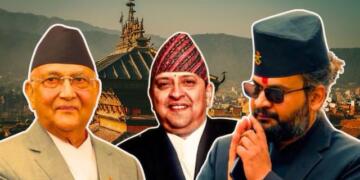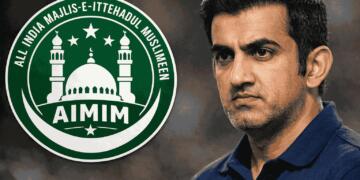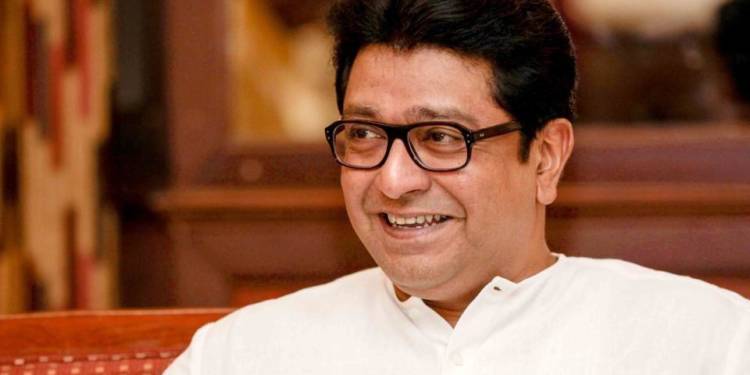Raj Thackeray, the party chief of Maharashtra Navnirman Sena (MNS) has met with the former chief minister of Maharashtra, Devendra Fadnavis. It was also observed that MNS decided to change its flag to an all-saffron one, thus, fuelling the speculation about a possible alliance with BJP.
From the ideological stands of Shiv Sena, it has been very clear that the party has shed its two core issues- Marathi Manus (son of the soil plank) and Hindutva. Balasaheb Thackeray, the patriarch of Shiv Sena, built the party on these core issues, and the party’s alliance with BJP was also on Hindutva grounds. But, the ‘political advisors’ like Sanjay Raut managed to convince Uddhav Thackeray to trade off the ideology for the CM chair.
Therefore, the party changed its stance on the Ram Mandir issue, criticized the internet ban on Kashmir, and many other crucial ideological issues. In fact, Shiv Sena’s leftward turn has been so stark that, Uddhav Thackeray compared the attack on JNU students with 26/11, which only brain dead, conspiracy theory believing a Communist would do.
Therefore, Raj Thackeray, who learnt politics from his late uncle and Shiv Sena patriarch, could see that there is space vacated for Hindutva and son of the soil politics. And Raj Thackeray, given his family legacy, is the best person to fill this space.
Raj Thackeray praised and supported PM Modi in 2014 election; later in 2019 general election, he turned to a critique, but never on the core ideological issues like Hindutva. Through his political career, Raj Thackeray fought elections on Hindutva and son of soil issues, just like his uncle, and never compromised on them.
As Shiv Sena has vacated that space and many of the party’s voters are not happy with the party, this is Raj Thackeray’s moment to reclaim the glory of Shiv Sena, of course, through his own political outfit.
Raj’s party won 13 seats in 2009 Maharashtra assembly election out of 288, however, its tally was reduced to 1 seat in 2014 assembly election. In 2019 Maharashtra Assembly Elections too the party was trounced with winning just 1 seat across the state. In the Lok Sabha elections too, the party could not make any electoral gain as both 2014 and 2019 general elections were swept in the name of PM Modi.
But, in the assembly elections, the vote share of the party varied between 2-4 per cent, which is fifth largest by any party. There is no denying that MNS is the fifth largest party in the state after the four major players. It is in power in a few urban local bodies and won a significant number of seats in many others, including BMC.
He was also a legitimate inheritor of Bal Thackeray’s politics in terms of personality, mimicry, speech styles, and almost every other political trait. He delivers speeches on the same fashion; cries the same slogans; is a great crowd puller and so on.
On the other hand, Uddhav Thackeray has none of the traits of a popular politician, and therefore he is playing second fiddle to Pawar family members, despite contributing the maximum number of seats in the alliance. He has been made titular head of state, a de jure leader, put on the chair only to sign on the decisions taken by alliance partners. The plight of Shiv Sena could be witnessed in the portfolio distribution of ministries, where all the significant posts went to NCP.
Raj Thackeray would definitely benefit at the cost of Shiv Sena if he deploys his strategy carefully, as the voter base of both parties is the same. BJP, on the other hand, would find another partner in Maharashtra, which it could call a natural ally, given the ideological similarity. If the parties decided to join hands, both of them benefit at the cost of Shiv Sena.



























